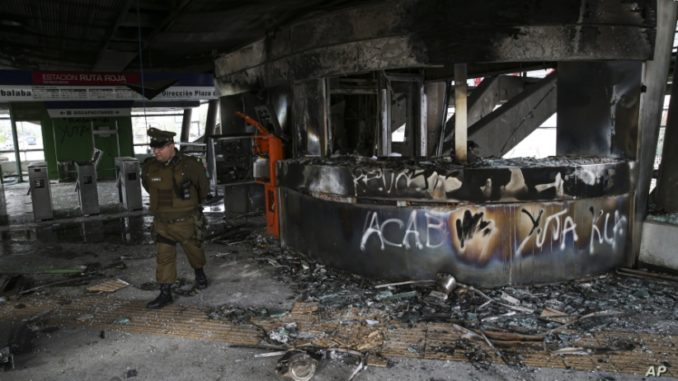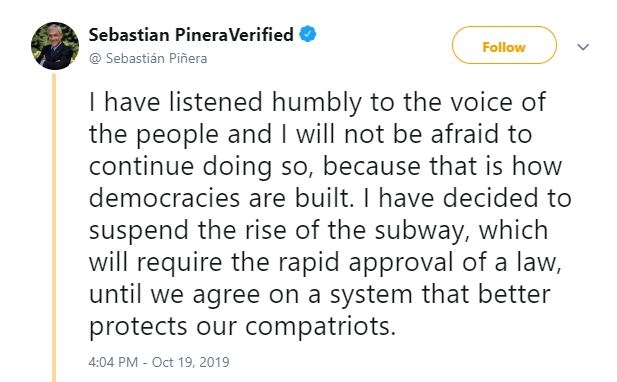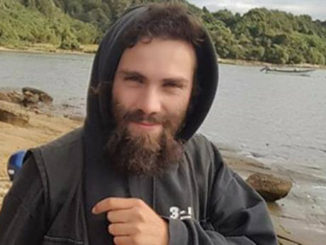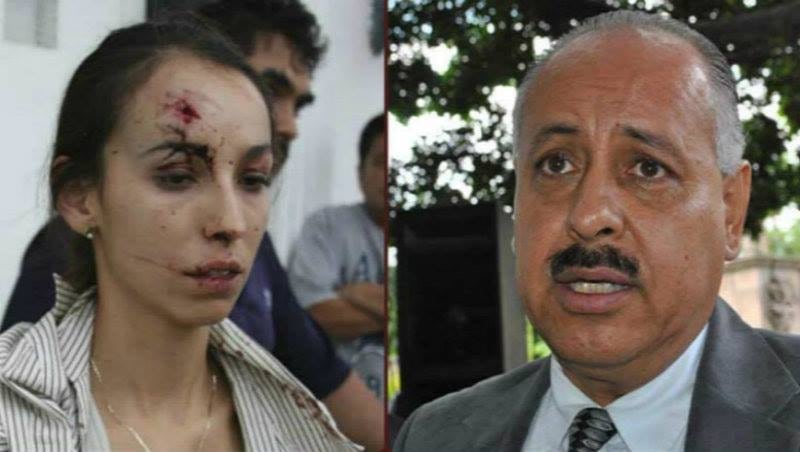
SANTIAGO – Three people have been confirmed dead during a second night of violent clashes between protesters and security forces in Chile.
Mayor Karla Rubilar told reporters in capital Santiago on Saturday that two people were killed by the fire inside a supermarket while the other died after being taken to hospital.
Her presser came hours after President Sebastián Piñera suspended a rise in metro fares that sparked the protests. On Friday, the president had declared a state of emergency to quell violent protests.
“Hemos tenido en estos días gente dañando gente.
A veces por tratar de lograr justicia terminamos siendo más injustos. Hemos escuchado la rabia y frustración, pero necesitamos PAZ.
Y entre más rápido logremos esa paz, más rápido los militares saldrán de las calles” pic.twitter.com/G0PV4q8wjv— Karla Rubilar Barahona (@KarlaEnAccion) October 20, 2019
“We are going to suspend the metro fare hikes,” Pinera said in a televised statement. “I have heard with humility the voice of my compatriots.”

The protest by students began on Monday when hundreds of young people mobbed several stations in Santiago, jumping over or dipping under turnstiles to protest a 4% increase in subway fares from about US$1 to US$1,16. Chile doesn’t produce its own oil and must import its fuel, leading to high prices for gasoline, electricity and elevated public transportation costs.
Officials said the hike was necessary due to the rising costs of fuel and maintenance as well as the devaluation of Chile’s peso currency.
By the end of the week the protests had turned violent with students breaking gates, shattering glass and throwing debris onto the electrified rails. The situation further deteriorated when some seven stations were set on fire, bank branches and supermarkets attacked and the country’s main electricity company headquarters building, –several stories high–, emergency facilities were ignited.
On Friday, the Santiago Metro said it had stopped operating all six lines due to damage until at least Monday, stranding thousands of commuters.
[EN VIVO] https://t.co/sgjvGOMJKu
— Sebastian Piñera (@sebastianpinera) October 19, 2019
In the second day of violent demonstrations, protesters erected barricades and set buses on fire, and police used tear gas and water cannon.

Protests were also reported in the cities of Concepción, Rancagua, Punta Arenas, Valparaíso, Iquique, Antofagasta, Quillota and Talca, according to El Mercurio newspaper.
please pray for Chile everyone #PrayForChile #ChileProtests pic.twitter.com/aUiAZPD8vg
— Brittny Peace (@brittpaz13) October 19, 2019
More than 300 people have been arrested, and 156 police injured, as were 11 civilians, police said.
Police officer trying to run over people. San Felipe, Valparaiso.#ChileDesperto #EstadoEmergencia#RenunciaPiñeraCuliao
pic.twitter.com/uXMFRLrsZN— val VIVA LA REVOLUCIÓN (@toxichaes) October 20, 2019
It was unclear if the concession on transport fares would appease protesters. The city’s underground system will remain shut down until Monday, with 41 of 136 stations vandalized.



